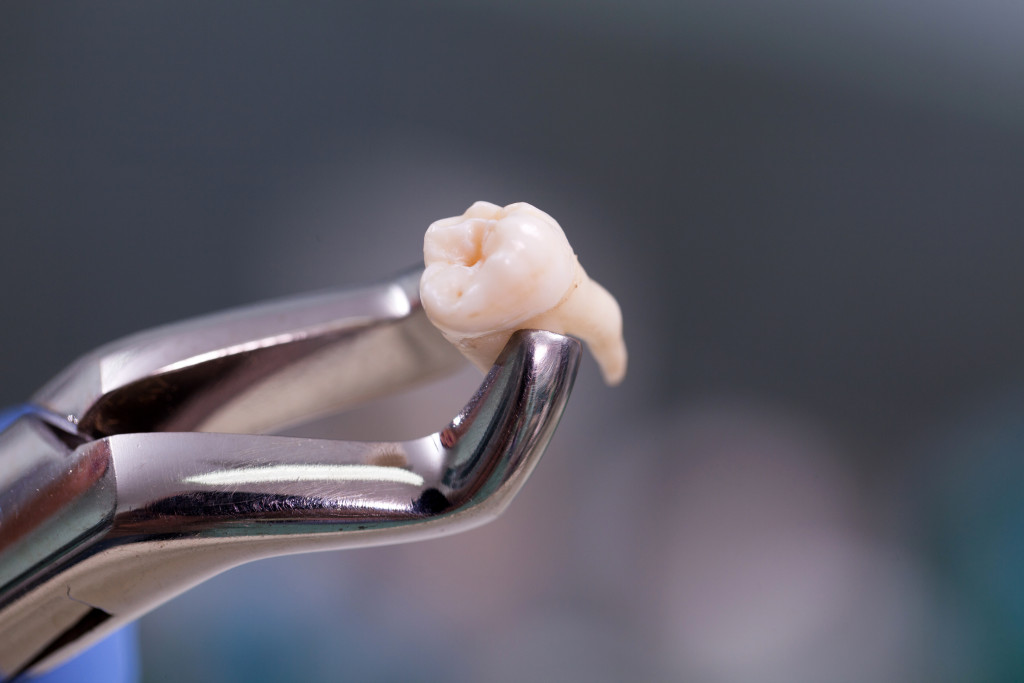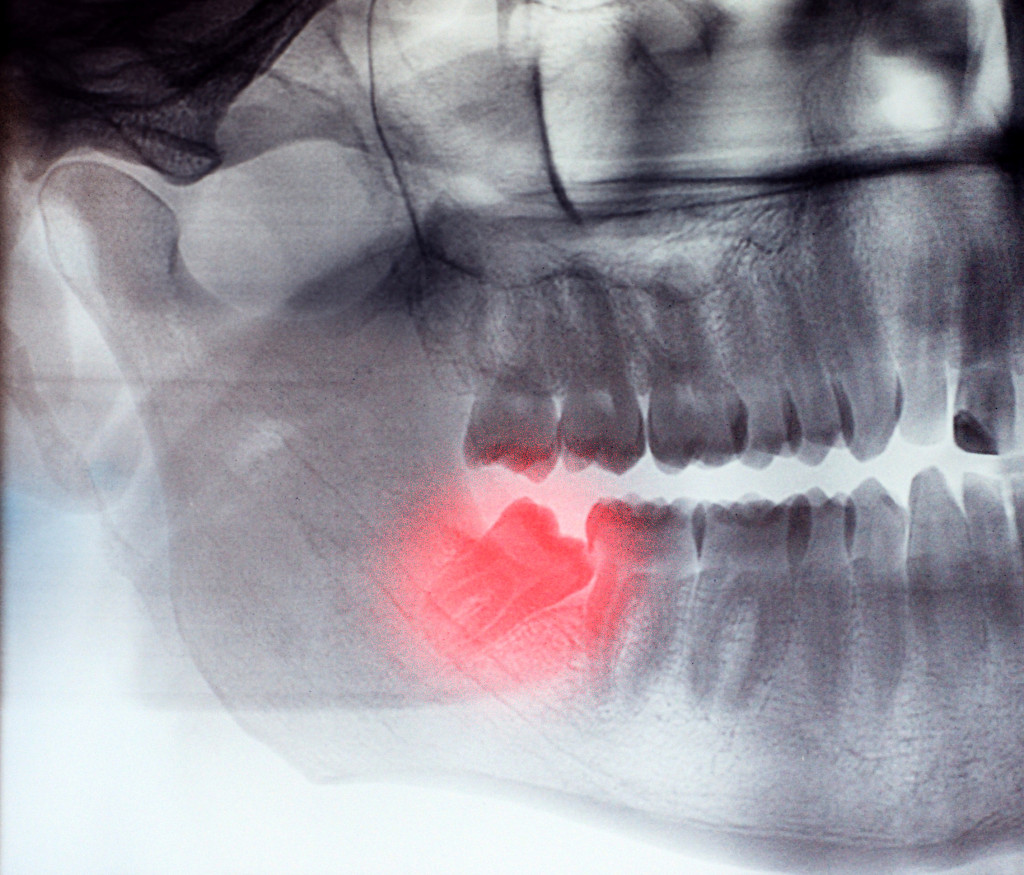Wisdom teeth, otherwise known as third molars, are the last teeth to grow. You can typically find them at the far end of the lower and upper gums, precisely in the back of your mouth. In most cases, wisdom teeth grow during late adolescence or the early stages of adulthood. Yet, there are times when there isn’t enough room for the wisdom teeth to grow.
That causes it not to erupt into a person’s mouth fully. It can cause infections, crowding, and even swelling on the person’s mouth when this happens. To know more about impacted wisdom teeth, here are some commonly asked questions about it:
What are the symptoms of impacted wisdom teeth?
There are times when impacted wisdom teeth don’t cause any symptoms. But once it gets infected, it can cause damages to other teeth. Even worse, it can also cause other dental issues, which can vary from various symptoms, including pain or swelling in the jaw, bad breath, and an unpleasant taste. It can also cause bleeding gums and other health issues in the opening of the mouth.
When do you need to get your wisdom teeth removed?
Once your impacted wisdom teeth cause problems, going to the dentist is the best way to go. From there, the dentist will perform an X-ray to get an in-depth view of your problem. The dentist can also check if the extra set of molars are already pushing the other teeth surrounding it, which causes oral pain and other dental problems. They can also check if any cysts are forming around the new teeth. If left untreated, impacted wisdom teeth can cause sinus health problems, inflammation around the gum area, and even cavities.
Impacted wisdom teeth can also cause teeth misalignment, making teeth straightening treatments necessary. Once you decide to visit the clinic, they’ll carefully observe the shape of your mouth and the position of your teeth to determine how to treat your condition.
What causes impacted wisdom teeth?
Wisdom teeth often become impacted when there isn’t any adequate room for them to develop normally. An impacted wisdom tooth may grow either straight up or down but gets wedged within the jawbone.
How do you treat an impacted tooth?
If you notice that your impacted wisdom teeth are causing pain and other dental issues, your dentist may advise you to remove them. When that happens, the dentist will perform a surgical procedure to extract your wisdom teeth.
The doctor will first apply a type of anesthesia to help alleviate the pain. They will incise your gums during the surgery to remove the infected bone before removing the wisdom tooth. Then, they’ll carefully close it with stitches and then put a gauze to cover the space. The procedure primarily takes less than an hour to complete.
How do you recover from a wisdom tooth extraction?
In most cases, people often get back to their daily activities a few days after undergoing the procedure. But it may take up to six weeks for your oral cavity to entirely heal. It may also take a week before you can generally open your mouth. So, it’s best to stick with soft and liquid foods you can open your mouth again.
You may experience some bleeding and discomfort after the procedure. When that happens, you can ask your doctor for a couple of instructions to help you manage the side effects. Although it seldom happens, you may also develop a dry socket around the area. It usually occurs when the blood clot that’s supposed to form after the procedure didn’t happen or when it gets dislodged.
Do you automatically need to get your impacted teeth extracted?
There are times when impacted wisdom teeth don’t cause any pain or problems to a person. When that happens, your doctor may advise you to leave it alone. If both you and your doctor agree to put the surgery on hold, your doctor will need to monitor your condition to prevent any dental issues. That’s why it’s essential to visit your dentist regularly while taking care of your oral health.
How to prevent any complications
You can’t prevent the impingement of your wisdom teeth from happening. But going to your dental check-ups for cleaning and monitoring will help your dentist check its progress and prevent it from developing any further symptoms.

